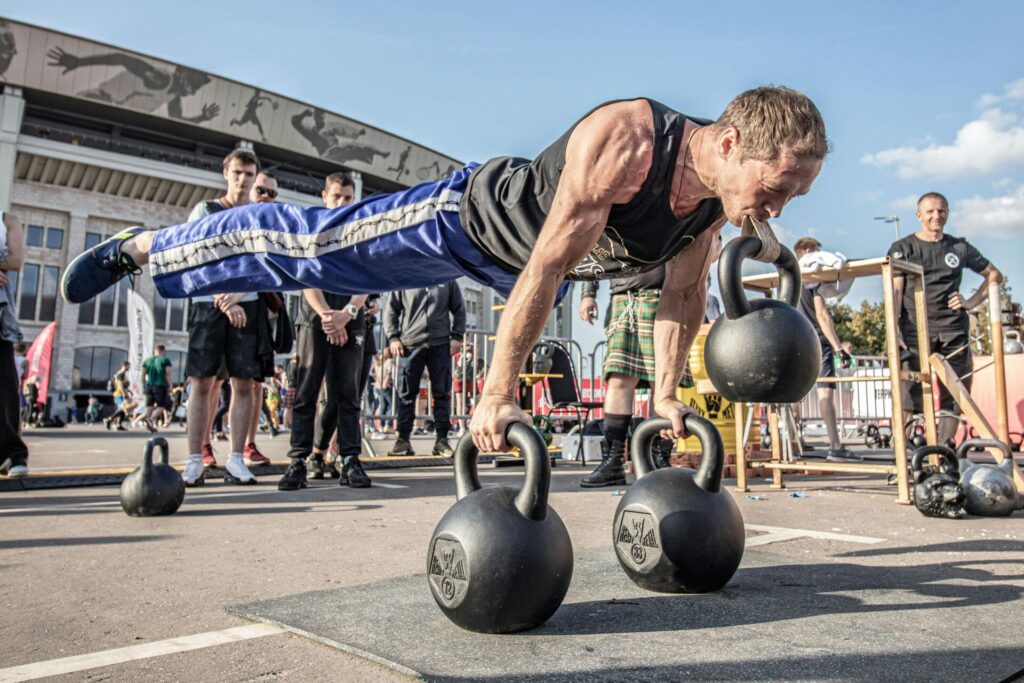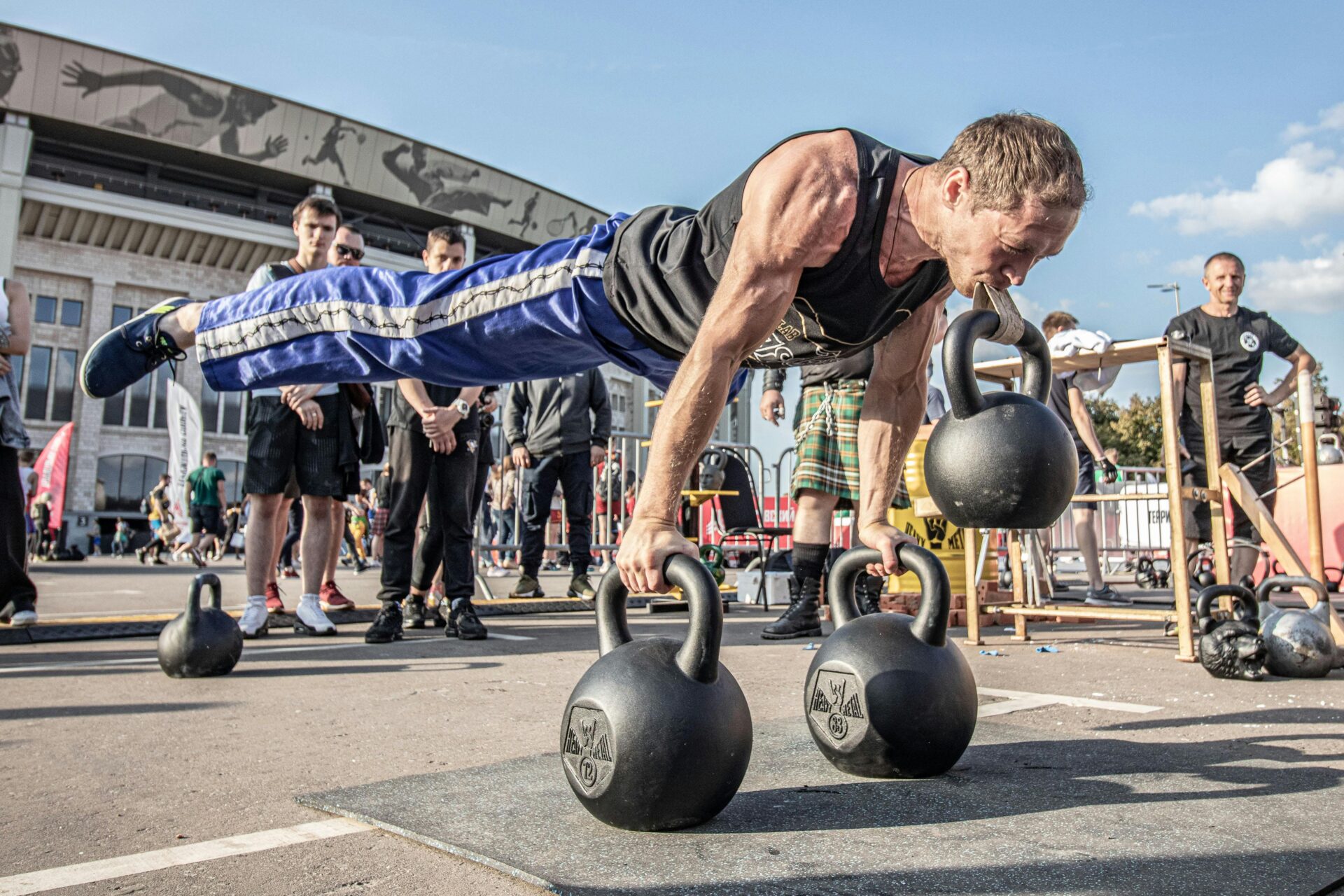Sleep is a fundamental aspect of human health, yet its significance extends far beyond merely preventing fatigue. For athletes, the role of sleep in enhancing recovery and performance is paramount. High levels of physical exertion and the constant drive to improve performance place significant demands on an athlete’s body and mind. Therefore, understanding the importance of sleep in this context is essential for optimizing athletic potential and overall well-being.
Physiological Benefits of Sleep for Athletes
Muscle Recovery and Growth
During sleep, especially in the deep sleep stages, the body goes through critical processes that aid in muscle recovery and growth. One of the primary functions during this time is the release of growth hormone. Growth hormone is essential for tissue growth and muscle repair, making it indispensable for athletes who are constantly pushing their muscles to the limit. This hormone helps in the repair of micro-tears that occur in muscles during strenuous workouts, facilitating muscle growth and strength gains.

Energy Restoration
Athletes expend significant amounts of energy during training and competitions. Sleep plays a crucial role in replenishing glycogen stores, which are the primary fuel source for muscles during high-intensity activities. Without adequate sleep, glycogen stores are not fully restored, leading to decreased energy levels and impaired performance in subsequent workouts or events.
Immune Function
Sleep is integral to maintaining a robust immune system. For athletes, a strong immune system is vital as it helps fend off infections and illnesses that can derail training schedules and performance. During sleep, the production of cytokines, proteins that target infection and inflammation, increases. This boost in immune function can help athletes recover from minor injuries more quickly and stay healthier overall.
Cognitive Benefits of Sleep for Athletes
Enhanced Learning and Memory
Athletic performance is not solely dependent on physical abilities; cognitive function plays a significant role as well. Sleep, particularly the rapid eye movement (REM) stage, is crucial for cognitive processes such as learning and memory consolidation. For athletes, this means better retention of skills learned during practice, improved decision-making, and enhanced strategic thinking. Studies have shown that sleep helps in the consolidation of motor skills, which is essential for sports that require precise movements and coordination.
Focus and Reaction Time
Sleep deprivation can severely impair cognitive functions such as focus, reaction time, and decision-making. These aspects are critical in sports, where milliseconds can make the difference between winning and losing. Adequate sleep ensures that athletes are mentally sharp, able to maintain focus, and react quickly to the dynamic demands of their sport.
Psychological Benefits of Sleep for Athletes
Mood Regulation
Athletes often face high levels of stress due to the demands of training, competition, and the pressure to perform. Sleep has a profound impact on mood regulation and emotional resilience. Lack of sleep can lead to increased levels of cortisol, the stress hormone, which can negatively affect mood and increase anxiety and depression. On the other hand, sufficient sleep promotes a positive mood, reduces stress levels, and enhances overall mental health.
Motivation and Mental Toughness
Motivation is a critical psychological component of athletic performance. Sleep influences the levels of neurotransmitters such as dopamine and serotonin, which play a role in motivation and pleasure. Athletes who get enough sleep are more likely to feel motivated, maintain a positive outlook, and exhibit greater mental toughness, all of which contribute to sustained training efforts and peak performance.
Strategies for Optimizing Sleep for Athletes
Consistent Sleep Schedule
Maintaining a consistent sleep schedule, even on weekends, helps regulate the body’s internal clock. This consistency ensures that athletes get the optimal amount of sleep needed for recovery and performance. Going to bed and waking up at the same time each day can improve sleep quality and duration.
Creating a Sleep-Conducive Environment
The sleep environment plays a significant role in sleep quality. Athletes should aim for a dark, cool, and quiet bedroom. Investing in a comfortable mattress and pillows, using blackout curtains, and minimizing noise can significantly enhance sleep quality. Additionally, reducing exposure to screens and blue light before bedtime can help in falling asleep faster and maintaining deep sleep.
Managing Pre-Sleep Routine
A pre-sleep routine can signal to the body that it is time to wind down and prepare for sleep. Activities such as reading, gentle stretching, or meditation can promote relaxation. Avoiding stimulating activities, caffeine, and heavy meals close to bedtime can also improve sleep onset and quality.
Napping Strategies
For athletes who struggle to get enough sleep at night, napping can be a beneficial supplement. Short naps of 20-30 minutes can help boost alertness and improve performance without causing grogginess. However, naps should not replace regular nighttime sleep but rather serve as an additional recovery tool.
Monitoring Sleep Quality
Athletes can benefit from monitoring their sleep patterns and quality using sleep tracking devices or apps. These tools provide insights into sleep duration, stages, and efficiency, helping athletes make informed adjustments to their sleep habits. Coaches and sports scientists can also use this data to tailor training and recovery plans.
The importance of sleep for athletic recovery and performance cannot be overstated. It is a crucial component of the recovery process, aiding in muscle repair, energy restoration, and immune function. Cognitively, sleep enhances learning, memory, focus, and reaction time, while psychologically, it helps regulate mood, reduce stress, and maintain motivation. By prioritizing sleep and adopting strategies to optimize it, athletes can improve their performance, reduce the risk of injury, and sustain a high level of physical and mental well-being. As the understanding of sleep’s impact on athletic performance continues to grow, it becomes increasingly clear that sleep is not just a passive state of rest but an active contributor to an athlete’s success.








